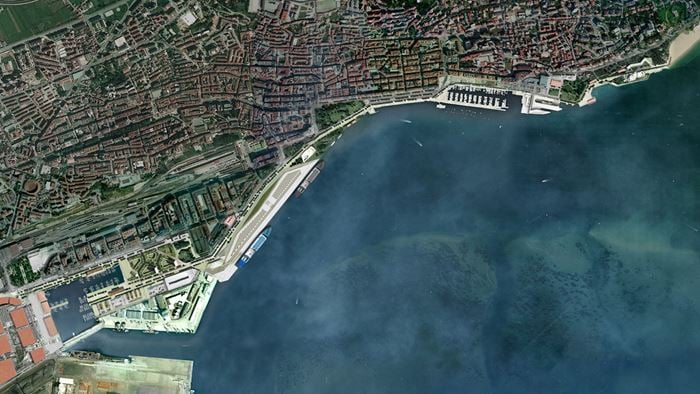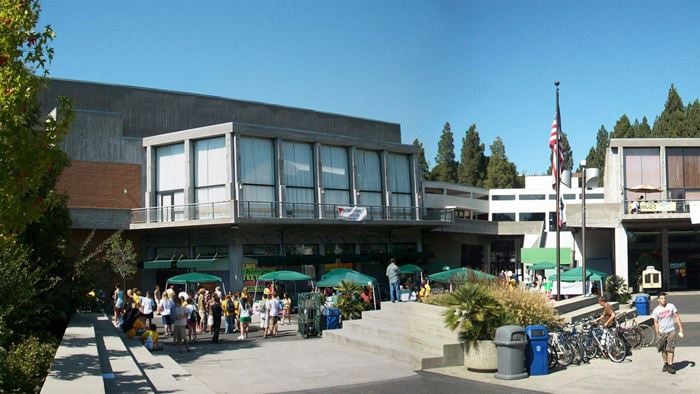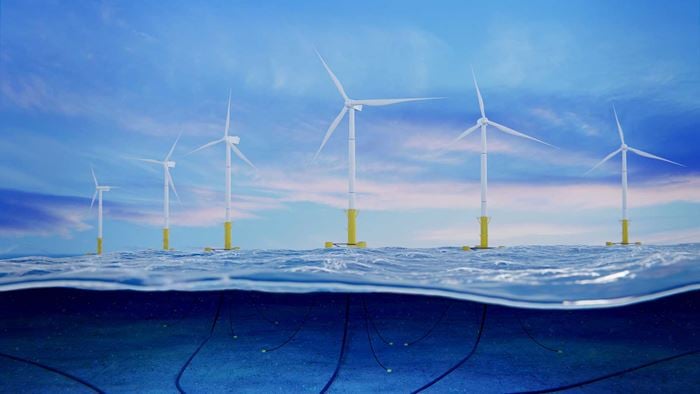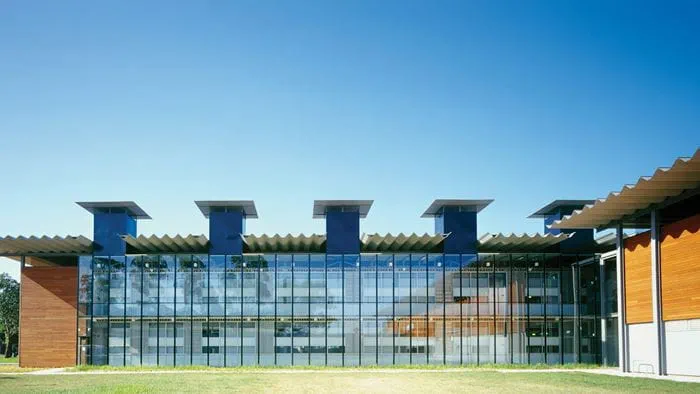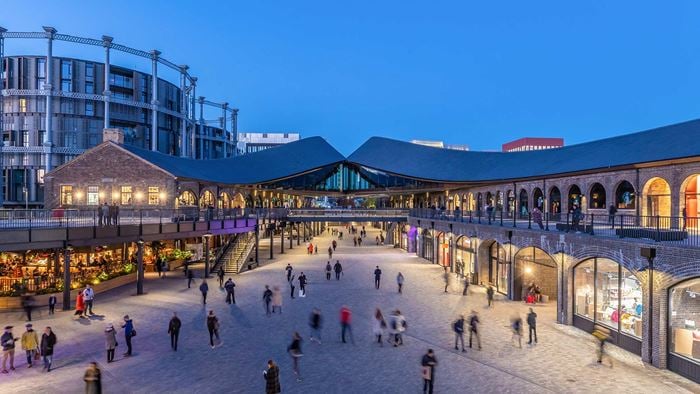Kendall Square EcoDistrict has ambitions to achieve net zero energy usage annually by 2035. The community is looking into various ways to conserve energy use by minimising demand and maximising conservation, optimising infrastructure performance at all scales and introducing renewable energy to its energy mix.
Arup was commissioned by The City of Cambridge to develop an Energy Assessment and Study to analyse current energy supply and demand and future supply and demand projected to 2035 in Kendall Square, along with resilience strategies for energy supply and distribution, and specific district-oriented energy opportunities within the Kendall Square EcoDistrict.
We analysed the most viable technology options available to achieve a zero carbon energy supply to the community whilst meeting supply and demand requirements and being cost effective. To produce the comprehensive study, we provided project management, mechanical and electrical engineering, energy and sustainability consultancy services.
During the study, Arup examined:
-
District-scale analysis of existing and future energy demand, supply, and distribution in Kendall Square, including, but not limited to steam, heat, cooling, and other non-electrical energy uses along with electrical energy.
-
Analysis of physical and economic opportunities for lowering carbon emissions from Kendall Square, including creating and supporting low to zero-carbon energy supply in Kendall Square.
-
Feasibility Study of a low or zero-carbon energy supply scenario in Kendall Square based on information from the analysis of physical and economic opportunities for creating and supporting low-carbon energy.
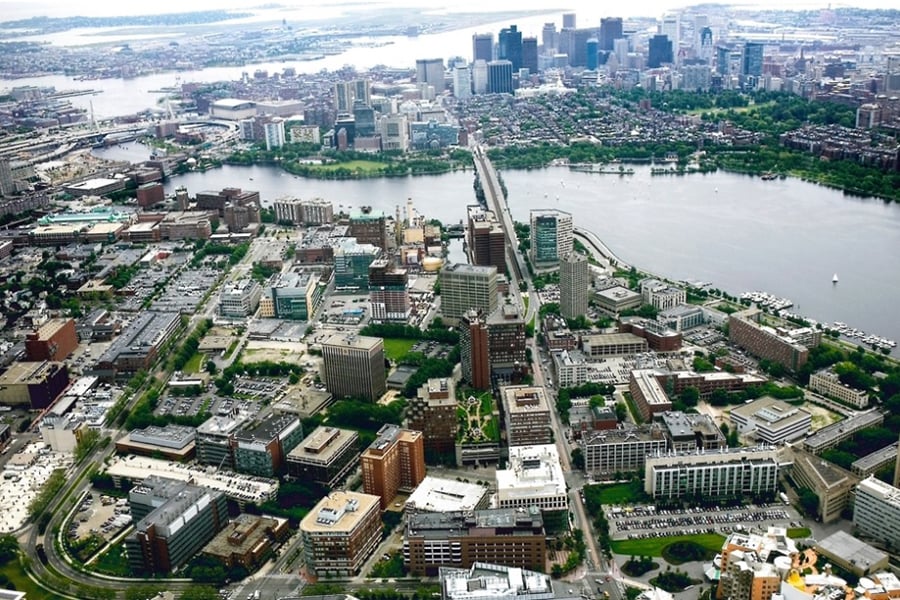
Our recommendations for our client and investors included the use of Solar PV. The PV systems, when fully installed throughout the 20-year study timeframe, will have 3,140 kW of capacity over 110,132ft2 and generate more than 4m kWh per year. The investment cost would recouped in under 10 years. If paired with suitable energy storage technology, we found this potentially saves $371,844 a year in energy costs.
An EcoDistrict is a new model of public-private partnership that emphasizes innovation and deployment of district-scale best practices to create the neighbourhoods of the future - resilient, vibrant, resource efficient and just.
EcoDistricts are a comprehensive strategy to accelerate sustainable development at the neighborhood scale by integrating building and infrastructure projects with community and individual action. An EcoDistrict is a new model of public-private partnership that emphasizes innovation and deployment of district-scale best practices to to create the neighbourhoods of the future - resilient, vibrant, resource efficient and just.
Technologies and strategies for enhancing neighborhood sustainability, such as district energy, green streets, smart grid, demand management and resource sharing are considered.
During this study, we have examined a variety of several different energy technologies and supply options in order to determine a suitable set of solutions which could create a preferred future energy scenario for Kendall Square and its stakeholders. We have evaluated and compared energy management and efficiency, on-site renewable energy technologies, high efficiency electric equipment, and finally the purchase of green energy from remote renewable energy projects using the existing transmission and distribution grid. Our research confirms the notion that each of these energy source options has a unique set attributes, costs, savings.

